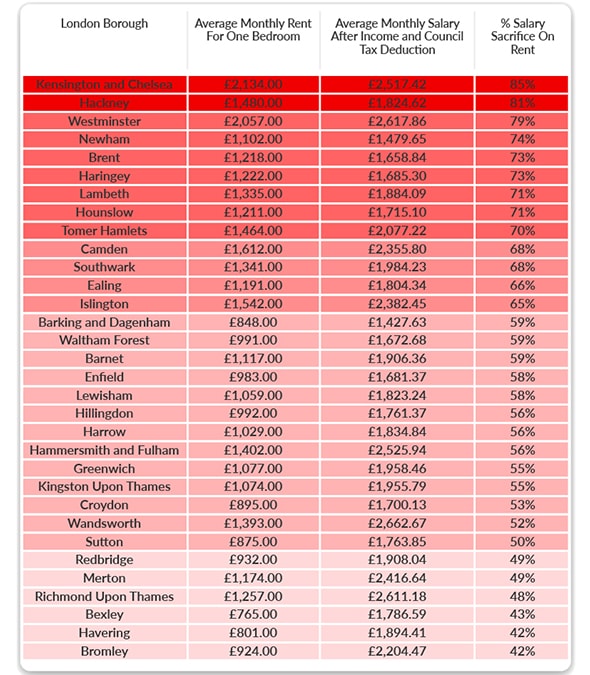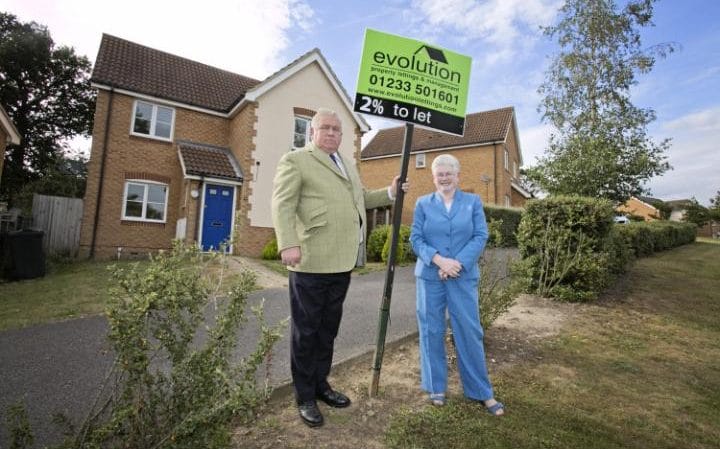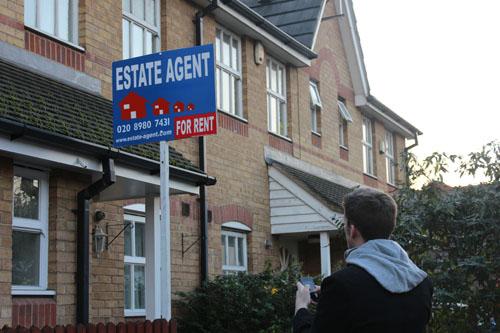
A family of rogue landlords have been convicted of breaching landlord licensing rules after they were caught cramming 31 people into a four bedroom property in Wembley.
Mother and daughter Harsha and Chandani Shah, and Mrs Harsha Shah’s brother, Sanjay Shah, were caught following enforcement action taken by Brent Council at the property on Napier Road during a raid in July last year.
Officers found a woman living in a lean-to shed in the back garden. The shack had no lighting or heating and was made out of wood offcuts, pallets and tarpaulin.
Inside the house, officers found some residents hot-bunking with occupants sharing a single bed with night workers swapping sleeping shifts with those who worked during the day.
Four beds were discovered piled into the front room and three in each bedroom. The tenants are all migrants, who said they could not afford to live anywhere else. One of the residents, Bagharad, revealed he lived in the house on Napier Road because he worked as a carer for the elderly and was only paid £30 a day.
The family earned around £112,000 a year from the tenants and were found guilty of breaching landlord licensing rules.
Jaydipkumar Valand, who collected the rent for the Shah family, pleaded guilty at trial in December last year.
Judgement
Spencer Randolph, head of private housing services at Brent Council, said: “This judgement sends out a clear message that Brent has a zero tolerance policy towards landlords who break the law and exploit vulnerable tenants.
“The lean-to shack we found in the back garden of the property in July last year looked like something you would expect to find in a Hollywood depiction of a shanty town.
“We will prosecute any landlord or agent we find housing tenants in cramped or hazardous conditions.
“Brent’s aim is to help renters by ensuring decent living conditions within the borough.”
On Tuesday 23rd May, the judge at Willesden Magistrates Court said: “This trial has revealed how people desperate for accommodation in London can be exploited and have paid to live in grossly overcrowded, unhygienic and unsafe conditions.”
The judge also ordered the defendants to pay Brent Council £35,000 in costs. The four defendants will be sentenced at a crown court at a later date.
The Renters Alliance helps renters with bad landlords and letting agents. If you have a story you would like to share, please contact the National Renters Alliance through our website or email us at contact@nralliance.co.uk







